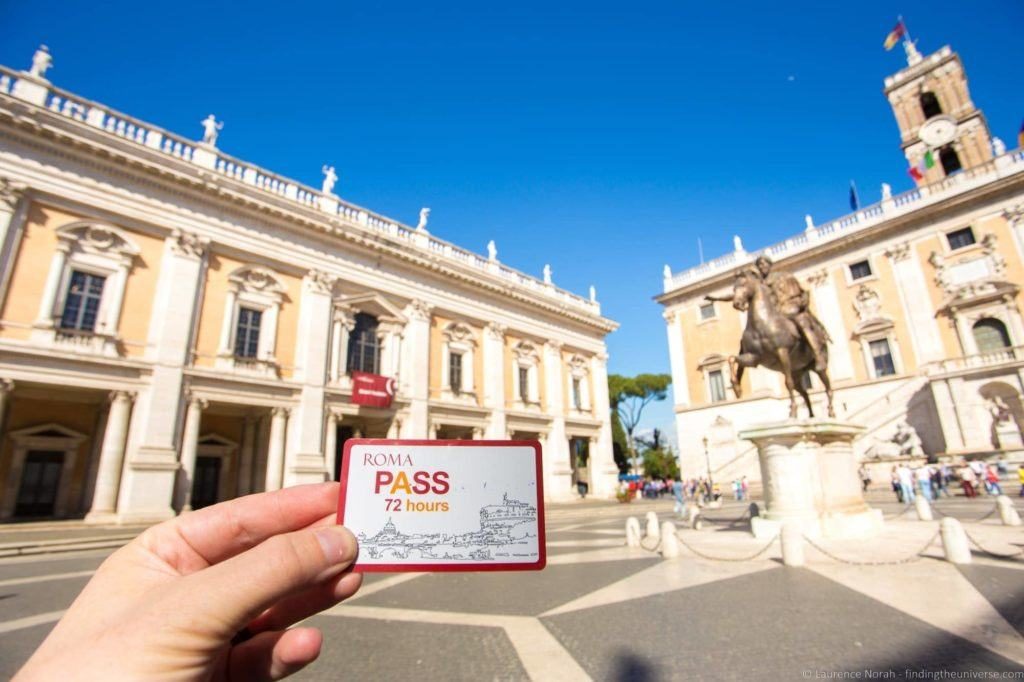Top rated mental health and addictions awareness trends by Ross Stretch right now? I’m a 35 year old Mental Health & Addictions influencer, I overcame addiction after my last relapse, retired from the oilfield in 2017 shortly after. Building Ballin Apparel Ltd of which I sit as CEO & President currently, which promotes mental health and addictions awareness and helps give back to the community through various outlets and working with other causes in our area.
Ross Stretch about alcohol rehab: For people who experience mild alcohol withdrawal symptoms, there are safe ways to detox at home. People who experience tremors, shakes or confusion when they quit drinking should consider medically supervised detox. You should talk to a doctor about the safest way to detox if you experience any withdrawal symptoms when you stop drinking. It is possible to safely detox from alcohol at home without medical supervision. But extra caution should be taken if you’re detoxing on your own. Alcohol withdrawal can cause serious health issues that require medical treatment.
Ross Stretch about Adderall addiction: Adderall and other amphetamines are known as “brain boosters” and “study drugs” because some students believe that these drugs help improve cognition. Adderall doesn’t make a person smarter, but it can increase the perception and feeling of being smarter by improving motivation. Also, It can cause side effects like hallucinations, epilepsy, psychosis and malnutrition. The prolonged use of Adderall can lead to addiction and its associated risks. Contrary to what many teens — and even some parents — believe about abusing Adderall, amphetamine is a highly addictive drug.
Whenever the result of taking a drug is less than desired, it might be time to consider changing medication, Goldstein suggests. Some children experience different effects from a different formulation of the same medication. “Many children with appetite, sleep, or irritability problems with a methylphenidate-based medication do very well with an amphetamine-based drug, or vice versa,” he notes. Who prescribes and monitors ADHD medication? A vast majority of children in our survey received medication from a pediatrician (60 percent), followed by a child psychiatrist (18 percent) and a general psychiatrist (15 percent). All of the drugs carry a warning about rare cases of sudden, unexplained death. It is recommended practice to test for life-threatening conditions, including heart-related issues, before prescribing these medications.
Recognize any menaces: These are external circumstances and situations that are bothering you, or that might occur and block you from achieving your goals or taking hold of them. Evaluate and prioritize: Lastly, as always, with development ventures, and anything that resembles strategic reasoning, it is useful to interpret your analysis. Challenge yourself: Attempt to highlight one, or at most two, things from any of the strengths, vulnerabilities, possibilities, and menaces you think will be most critical in delivering (or stopping you from achieving) your goal. Those fields will be your priorities; you will need to take action.
Mindfulness meditation and mental health are a very important topic for Ross Stretch: One study conducted at Ohio State University showed that regular mindfulness-based muscle relaxation exercises lowered the risk of breast cancer recurring. A different study at Ohio State monitoring meditation’s effects on elderly patients concluded that mindfulness and relaxation exercises practiced over the period of one month helped boost patients’ lymphocytes, those natural killer cells that improve the immune system. Consequently, the subjects demonstrated better resistance to viruses and tumors.
Perhaps when you first begin, you will only manage a minute or two, and that is absolutely fine. It is a brand new experience when you first start. In time, you will get more used to it and enjoy more extended periods of meditation. There is no rush, though – everyone learns and develops at their own pace. Hindu tradition from around 1500 BC. Other forms of meditation are much later mentioned around the 6th and 5th centuries BC within Taoist China and Buddhist India. Mentions of Meditation can also be found in the Torah – the Hebrew Bible. This effectively means that people had been long aware of the meaning of meditation and its benefits.

